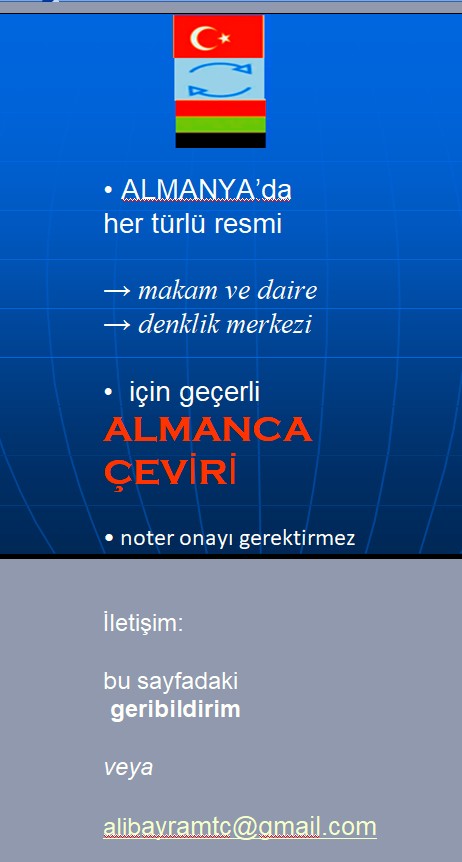serozem
İngilizce - Türkçe
ad / noun – geology
SEROZEM
Serozem soil: A type of soil found in arid or semi-arid regions, characterized by its relatively high mineral content, weakly developed horizons, and limited organic matter.
Calcic serozem: A subtype of serozem soil that contains significant amounts of calcium carbonate (lime) deposits, often forming white crusts on the surface.
Gypsum serozem: A variant of serozem soil containing gypsum (hydrated calcium sulfate) in noticeable amounts, contributing to distinctive soil properties.
Sodic serozem: A serozem soil with elevated levels of sodium, resulting in soil structure issues and reduced water infiltration.
Brown serozem: A type of serozem soil with a higher organic matter content and typically found in regions with more favorable moisture conditions.
Desertic serozem: A variation of serozem soil found in desert regions, characterized by its arid environment and specific mineral composition.
Aridisol serozem: Referring to serozem soils classified as Aridisols, which are soils associated with arid climates and characterized by specific soil horizons and properties.
Mountain serozem: Serozem soils found at higher elevations, often displaying distinct properties due to differences in climate and vegetation.
Serozem profile: The vertical arrangement and composition of horizons within a serozem soil, indicating its development and properties.
Serozem formation: The process of serozem soil development through the accumulation of minerals, weathering, and other geological and environmental factors.


